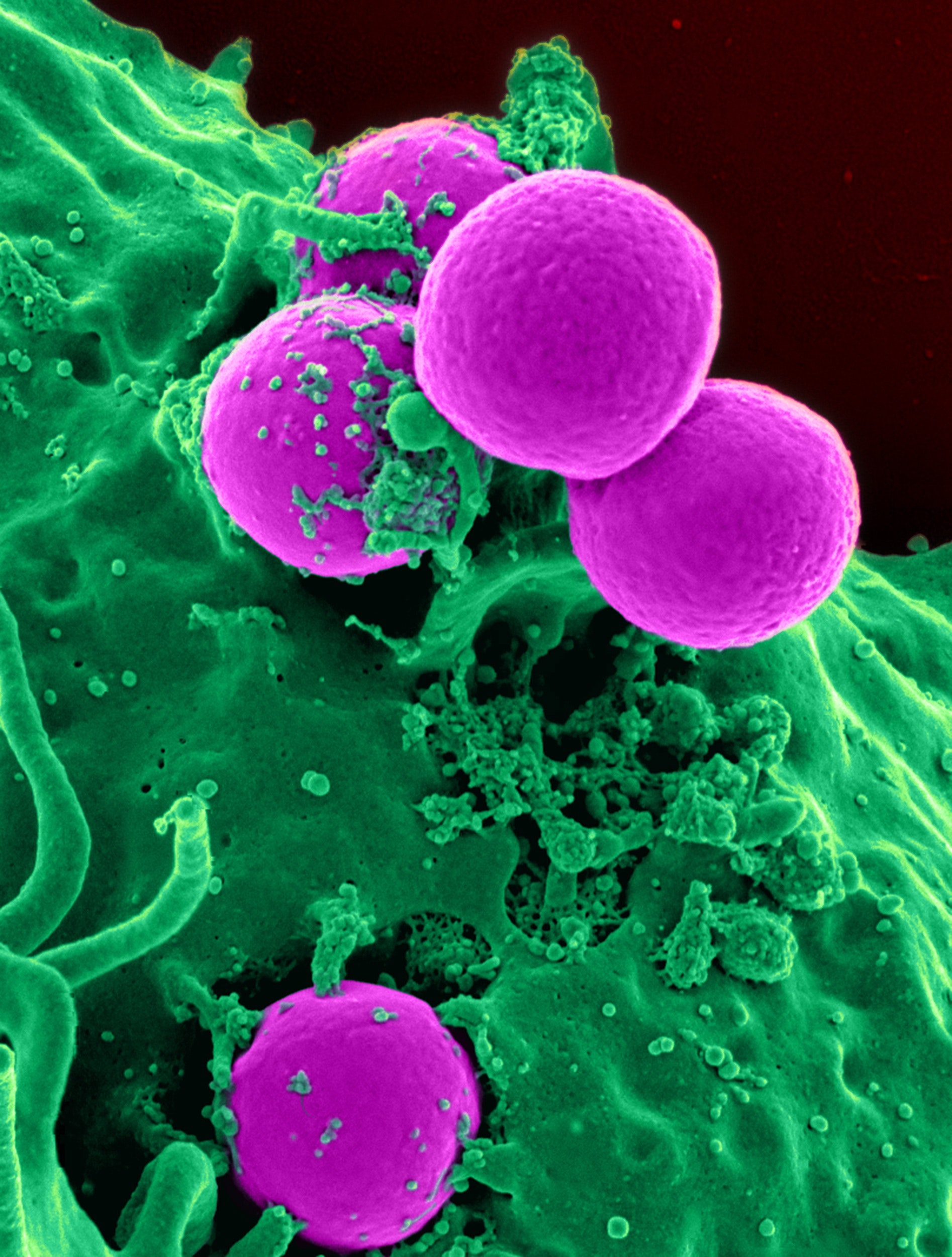Antibiotics & Vaginal Seeding
for C-Section
“Antibiotic resistance is now one of the greatest threats to human health. If we fail to act, we are looking at an almost unthinkable scenario where antibiotics no longer work and we are cast back into the dark ages of medicine.”
David Cameron, former UK Prime Minister.
“Antibiotic resistance is now one of the greatest threats to human health. If we fail to act, we are looking at an almost unthinkable scenario where antibiotics no longer work and we are cast back into the dark ages of medicine.”
David Cameron, former UK Prime Minister.


Do you need Antibiotics? How to have powerful gut flora.
Penicillin was first discovered in 1928 and is now the most widely used antibiotic in the world.
Alexandra Fleming founded the antibiotic when he was experimenting with influenza. Since then, thousands of antibiotics have been developed from naturally derived ingredients and artificially synthesised in labs.
The antibiotic discovery was highly praised and still is today, amongst society and health care professionals. However, the antibiotic comes under serious scrutiny when it comes to fighting bacterial infections. Recent studies have proven numerous side effects as antibiotics are increasingly used as a preventative method.
In the maternity setting, antibiotics can be prescribed as a prophylactic treatment, when an infection is suspected but not yet proven.
- In 2011, a study suggested that antibiotics in labour lead to antibiotic resistance, when treating late-onset serious bacterial infections in infants.
- In 2016, an article by MidwifeThinkingdiscussed outcomes that suggest antibiotics prescribed during labour or when having a C-section, leads to infant Dysbiosis. Also known as, an imbalance in the gut microbial, which can increase your bubs risk of disease and infection.
Both research outcomes are alarming for mama’s to be.
Do you need Antibiotics? How to have powerful gut flora.
Penicillin was first discovered in 1928 and is now the most widely used antibiotic in the world.
Alexandra Fleming founded the antibiotic when he was experimenting with influenza. Since then, thousands of antibiotics have been developed from naturally derived ingredients and artificially synthesised in labs.
The antibiotic discovery was highly praised and still is today, amongst society and health care professionals. However, the antibiotic comes under serious scrutiny when it comes to fighting bacterial infections. Recent studies have proven numerous side effects as antibiotics are increasingly used as a preventative method.
In the maternity setting, antibiotics can be prescribed as a prophylactic treatment, when an infection is suspected but not yet proven.
- In 2011, a study suggested that antibiotics in labour lead to antibiotic resistance, when treating late-onset serious bacterial infections in infants.
- In 2016, an article by MidwifeThinkingdiscussed outcomes that suggest antibiotics prescribed during labour or when having a C-section, leads to infant Dysbiosis. Also known as, an imbalance in the gut microbial, which can increase your bubs risk of disease and infection.
Both research outcomes are alarming for mama’s to be.

C-Section
When having a C-Section, yours and bubs gut flora is immensely disrupted. As the birthing mother, usually pre-surgery or during surgery, you receive intravenous antibiotics through an IV cannula. Often, antibiotics can be administered without you noticing, and in some cases, your doctor may not ask you if you would like them. This insertion can affect your gut flora.
The antibiotics also have the strength to cross the placental barrier and therefore:
To Ensure Your Bub Is Fit And Healthy To Undertake The Challenge Of Birth With You, I Strongly Encourage You To Maintain Optimal Gut Health Throughout Your Pregnancy Journey.
How you can enhance bubs gut for a C-Section.
The typical process of bacterial seeding for bubs born vaginally involves the water breaking. Then bub passes through the vaginal canal consuming fluid that contains good bacteria and lastly gains the external vaginal and fecal bacteria when exiting the birth canal.
During a C-Section birth, bub skips that entire process. Which often leaves them behind in the development of a diverse gut. This can lead to issues such as Infant Dysbiosis, an excess of harmful gut bacteria and a lack of good gut bacteria. The Chinese Medical Journal states that Dysbiosis plays a crucial role in many aspects of the physiological processes, causing metabolic issues and affects inflammation in the immune system.
Infant Dysbiosis can cause metabolic issues such as;
- Inability to absorb nutrients from vitamins and essential amino-acids
- Obesity
- Diabetes
- Excessive cravings
- Diarrhea or constipation
Infant Dysbiosis immunity & inflammation issues include;
- Rheumatoid arthritis
- Depression
- Asthma
- Autism
- Inflammatory Bowel disease


Bacterial seeding
You can enhance bubs gut flora through an interesting and unique method called vaginal seeding. This process involves swabbing the maternal inner and outer vaginal then smearing that swab onto bubs mouth, ears nose and the remainder of the body when born. The purpose is to allow bub to take in those delightful microbes they would typically get from vaginal birth. New vaginal seeding research completed demonstrates that ‘seeded’ C-Section babies are experiencing a similar microbiome to vaginally born babies.
Tips to take home
- If you don’t want intravenous antibiotics, tell your health care provider, so they don’t assume you’re okay with it.
- Work on building your gut flora during pregnancy or better yet, preconception.
- Minimise refined sugars and refined carbohydrates as these foods feed harmful bacteria.
- Express breast milk leading up to birth. Expressing is great for nipple stimulation and helps prepare the cervix for labour. It’s also a lifesaver if your baby is having issues attaching post-birth.
- If a situation arises, and a health care professional suggests antibiotics for mama or bub,you can say no.
Please keep in mind your health care professionals always have your best intention at heart and want the best for you and your bub. However, we do tend be over cautious rather than under cautious. So, if you do not want antibiotics administered, you can say no.
IT’S ALWAYS YOUR CHOICE.
Enjoy this post? Share to a friend who will enjoy just as much
Want to learn?
Read my other articles for interesting evidence based content to help you;
Live simply Birth simply parent simply
Contact
0466 495 272
35 Fifth Avenue
Maroochydore 4558
Email: apaul@appetencefamilies.com
